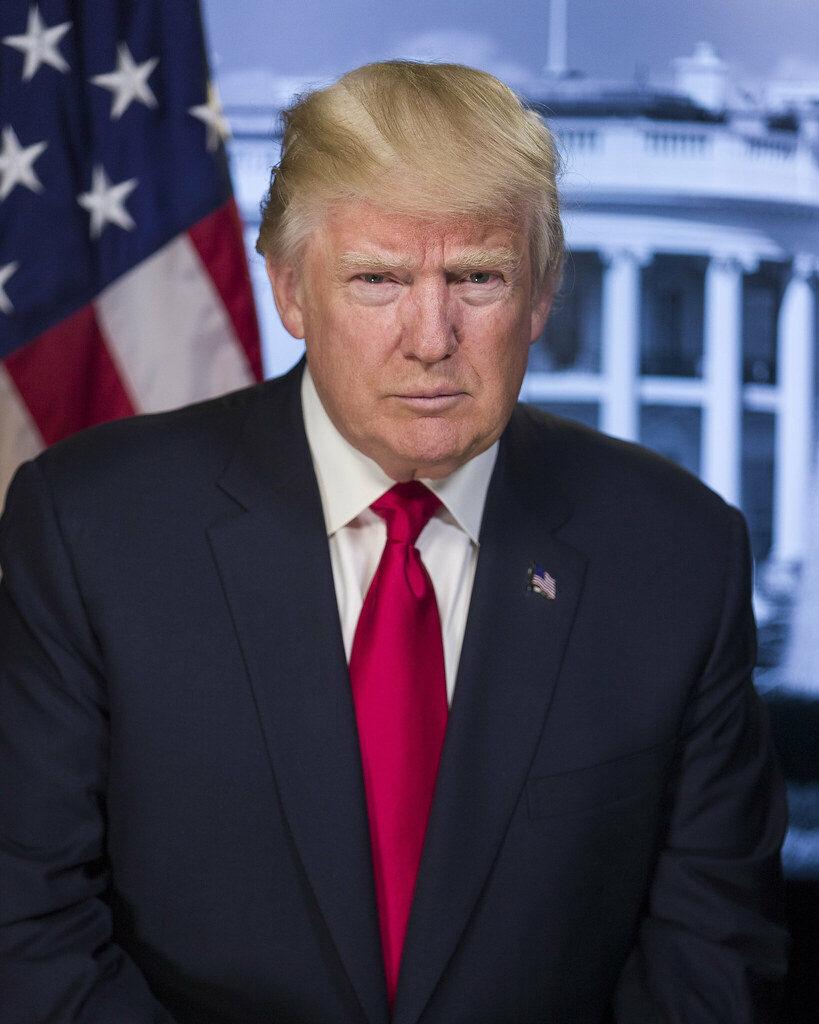Slider Image from Flickr.
Most Americans know that President Trump is going through the impeachment process right now. However, not many people fully understand what impeachment is or the history behind this operation. So, what is impeachment? How has impeachment affected our country in the past? What happens after a president is impeached?

Before we address those questions, we have to analyze how this process affects the government. Article II Section 4 of the U.S. Constitution explains who can be impeached and for what reasons. But this section is brief, only noting that “The President, Vice President and all Civil Officers of the United States, shall be removed from Office on Impeachment for, and Conviction of, Treason, Bribery, or other high Crimes and Misdemeanors.”
Impeachment is a political process, not a criminal process. This process starts in the House of Representatives, where any member can suggest that the House launches an impeachment proceeding. The Speaker of the House then makes the final decision whether or not they proceed with the inquiry.
In the entire history of America, only two presidents, Andrew Johnson and Bill Clinton, have been formally impeached by the House. In addition to that, only 2 other presidents have faced impeachment inquiries: Richard Nixon and Donald Trump.
In September of 2019, House Speaker Nancy Pelosi announced the formal opening of an impeachment inquiry, based on charges of treason against President Trump. The House voted to authorize the inquiry on Oct 31st.

Generally, after the full House votes, a committee investigates. In President Trump’s case, the House Intelligence Committee was tasked with the investigation. A simple majority (50% +1) from the committee has to vote in favor of approving an article of impeachment. Any article that receives a simple majority vote from the committee is then sent to the full House of Representatives. If the article receives a simple majority vote from the House, the president is impeached.
However, if a president is impeached by the House, this does not technically mean they are out of office. The final stage is the Senate Impeachment trial, where a ⅔ vote is needed to remove the president from office.
Congress has successfully impeached and removed eight federal officials, but they have never once removed a president. In 1868, Johnson was impeached and nearly removed, but the Senate was unable to create a ⅔ majority; they were only one vote away. Nixon was so worried he would be removed from office that he resigned from his presidency before the official verdict came out.
On November 13, 2019, the first public impeachment hearing began. On Wednesday, December 18th, the House voted to impeach President Trump on two articles, making him the third president to ever be impeached. Will the Senate be able to create a ⅔ majority, removing Trump from office, and not allowing him to run again? Stay up to date on the Senate impeachment trial on any news source.














































































